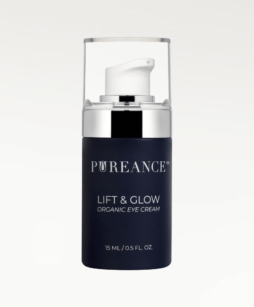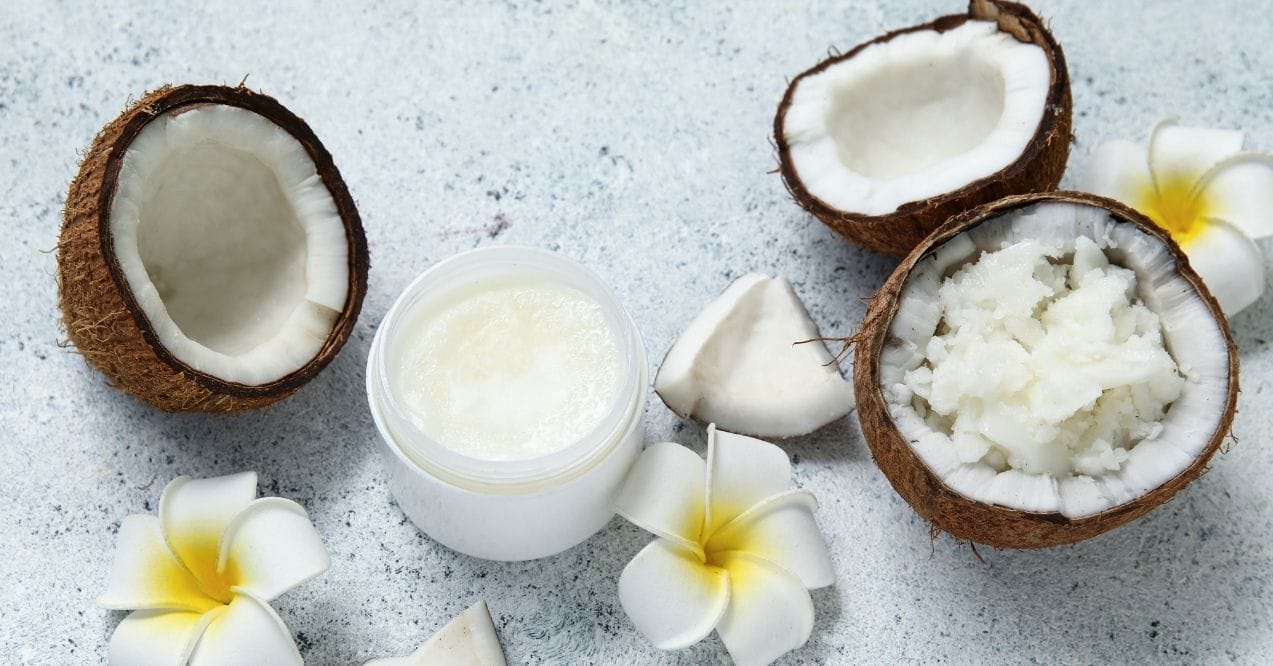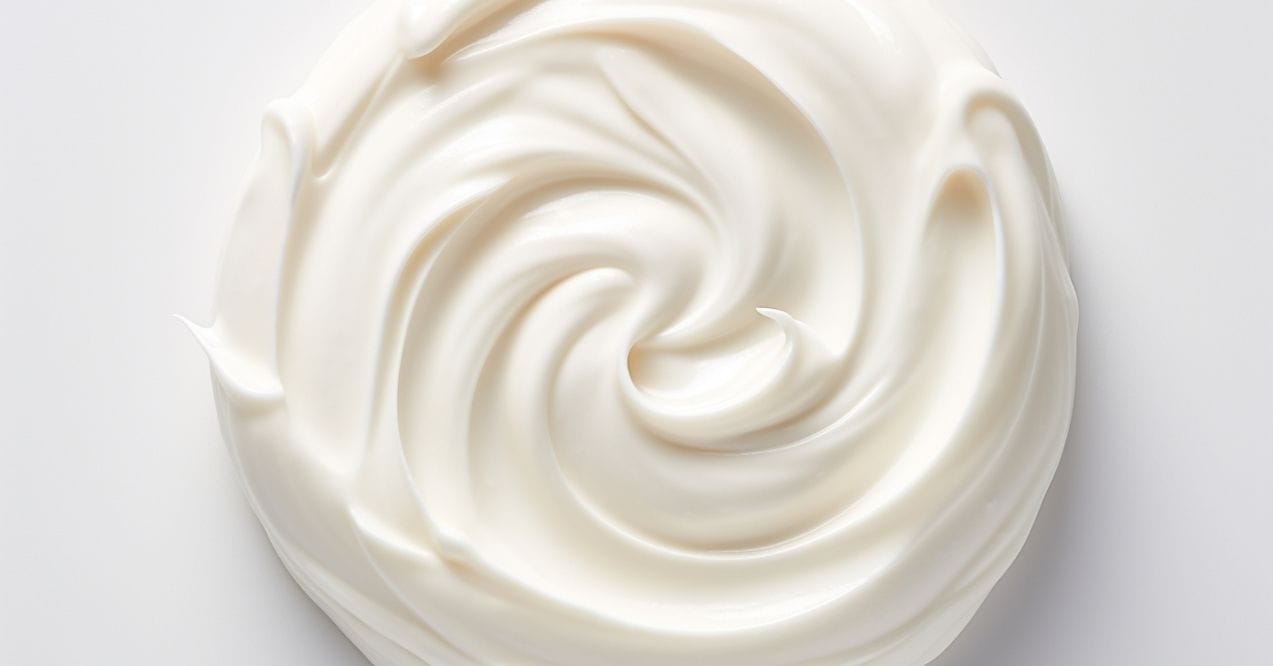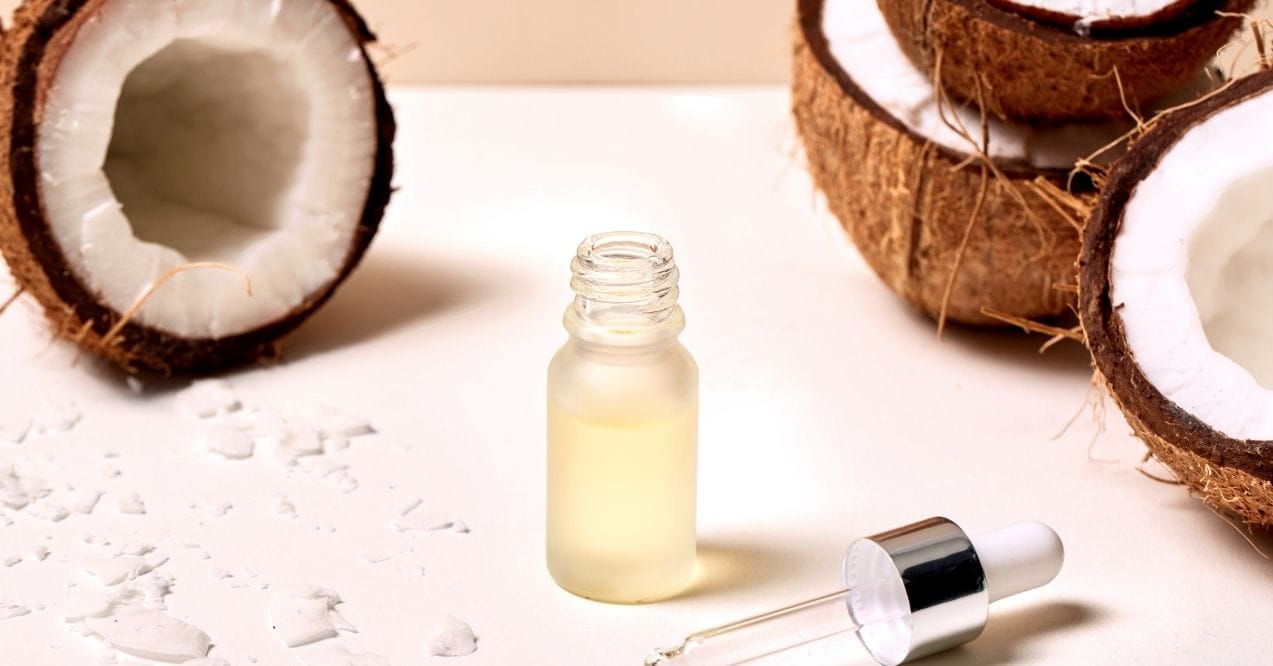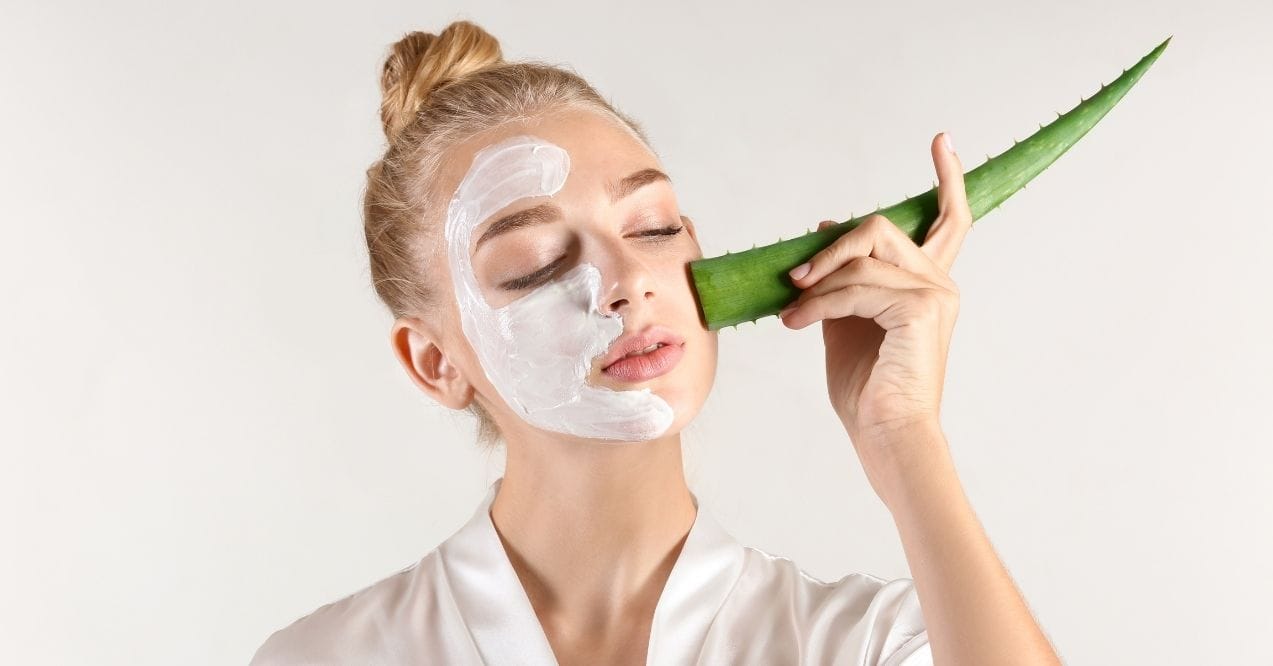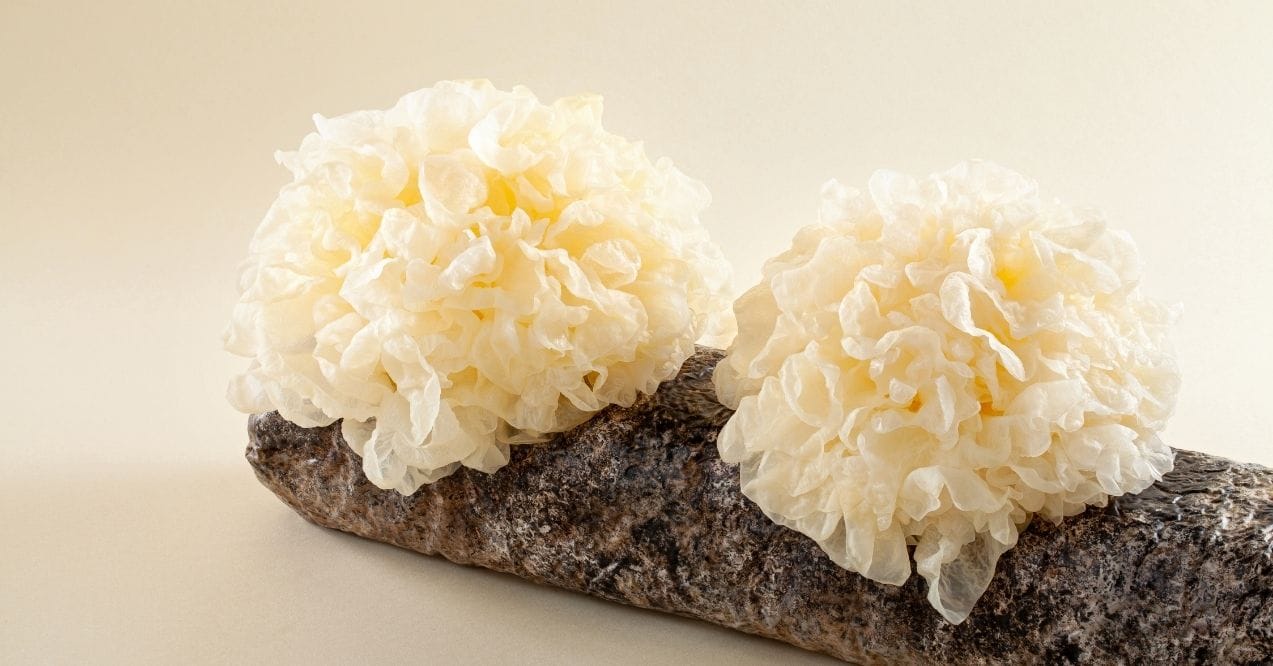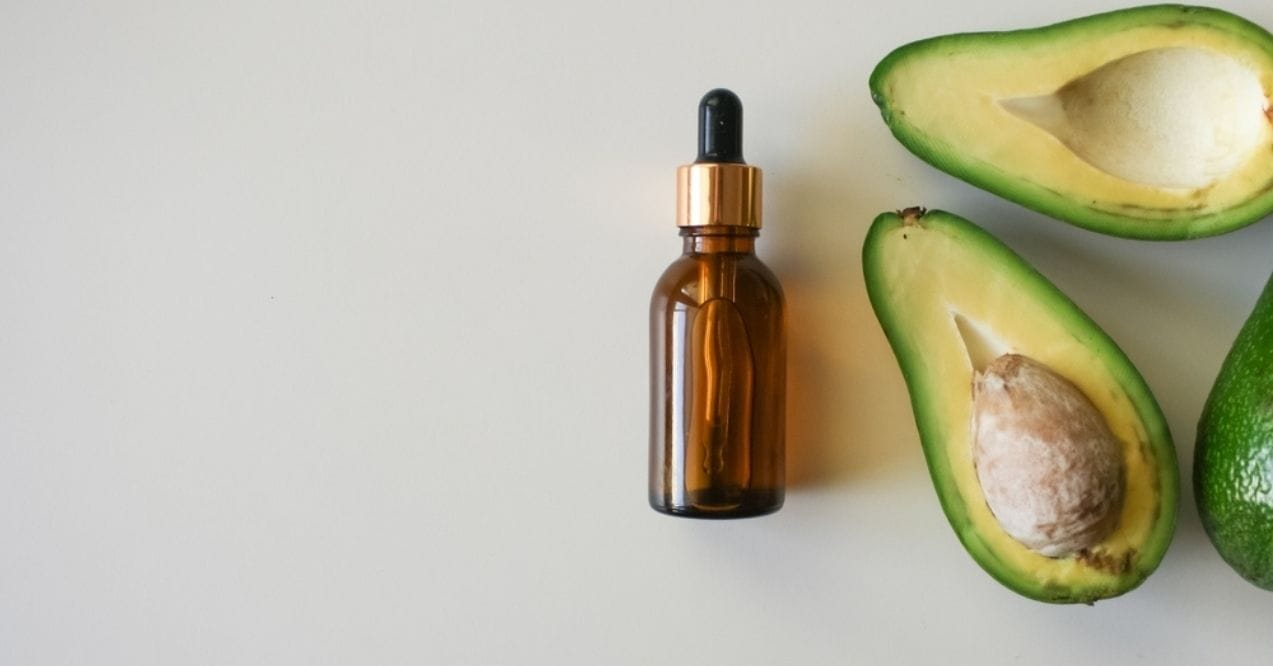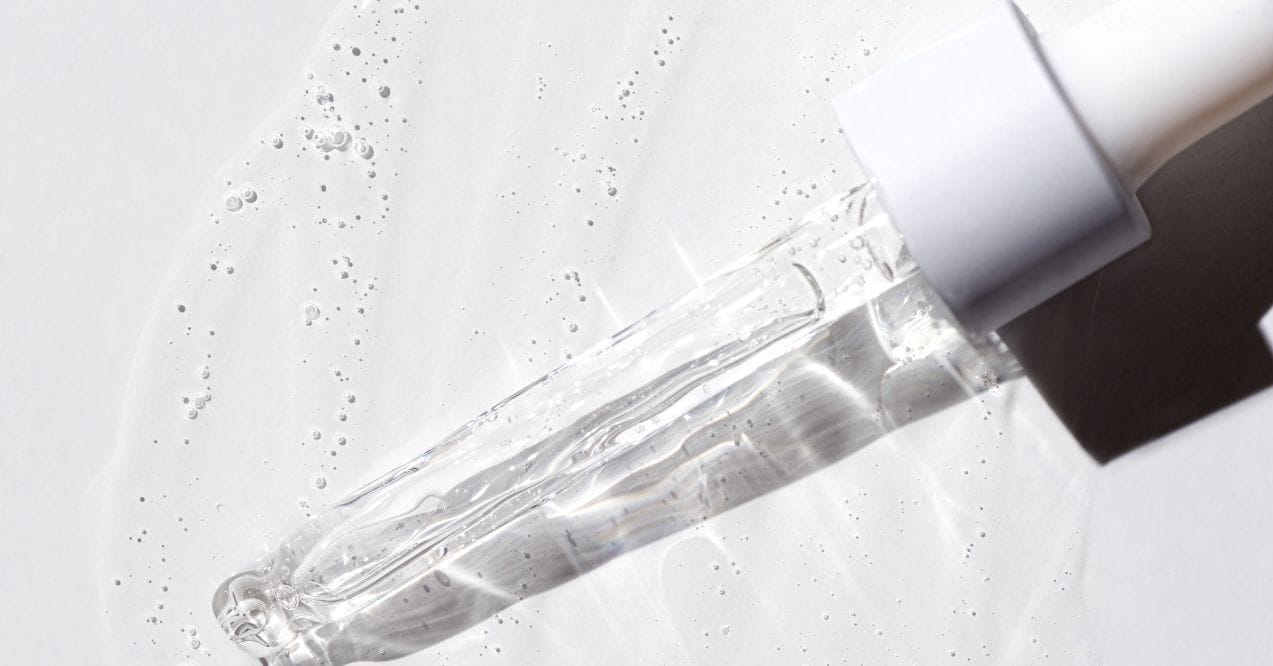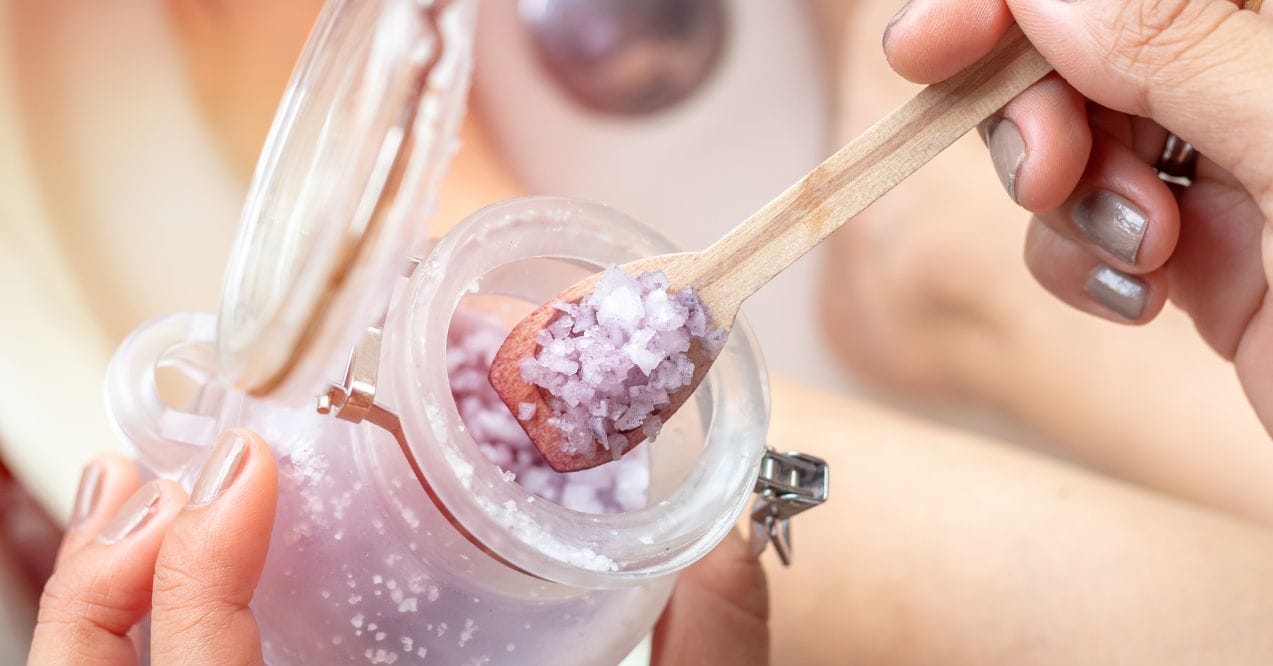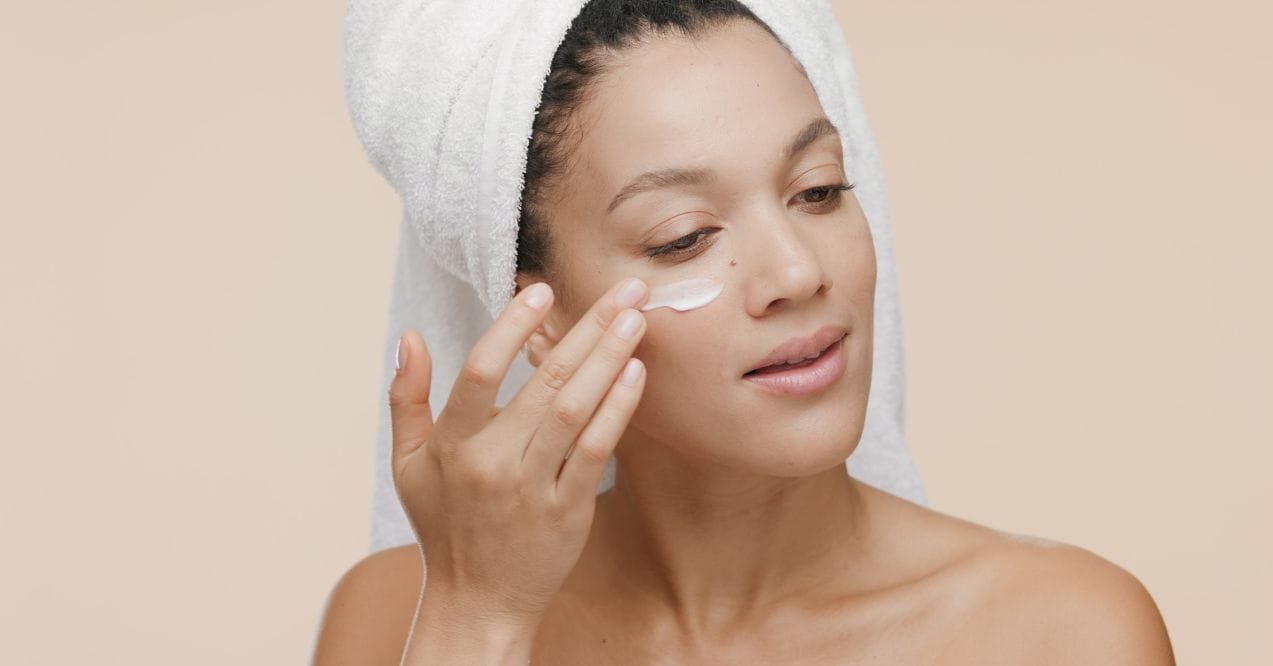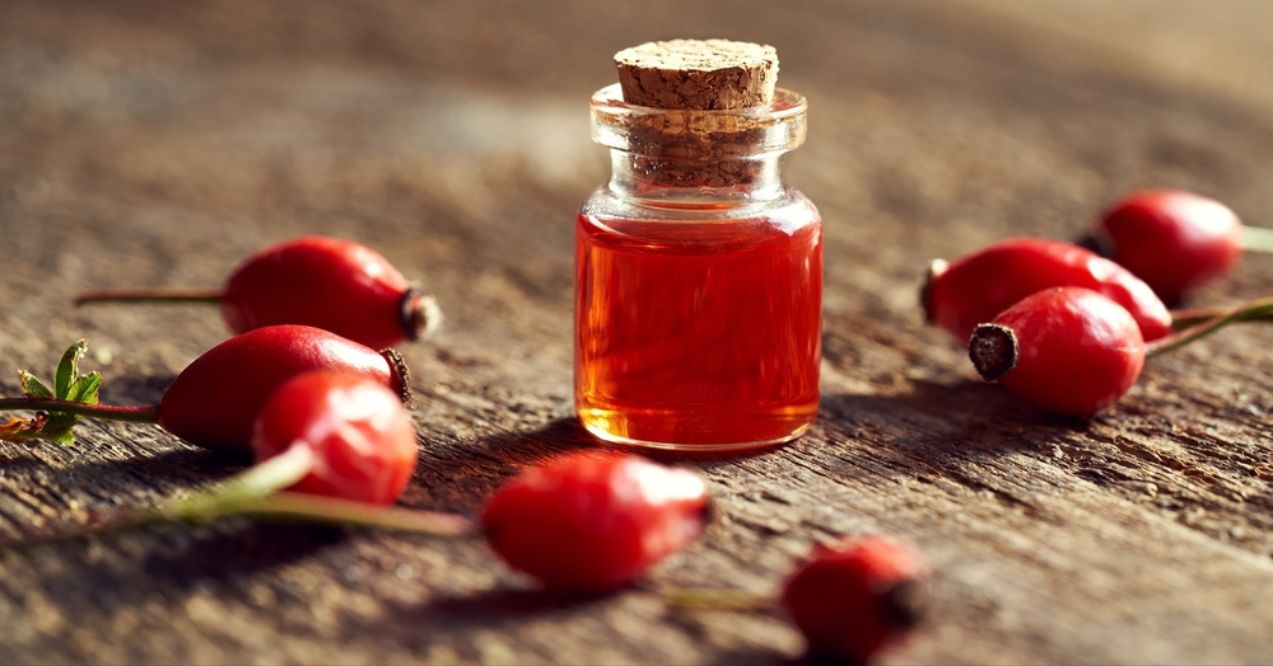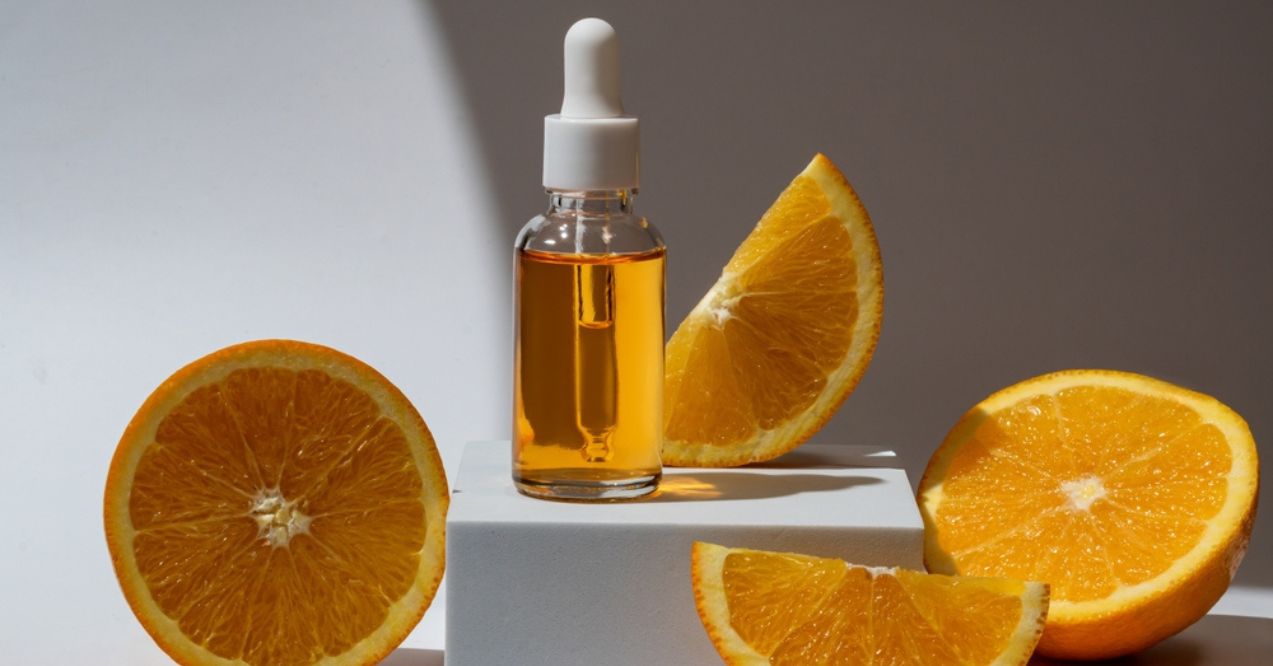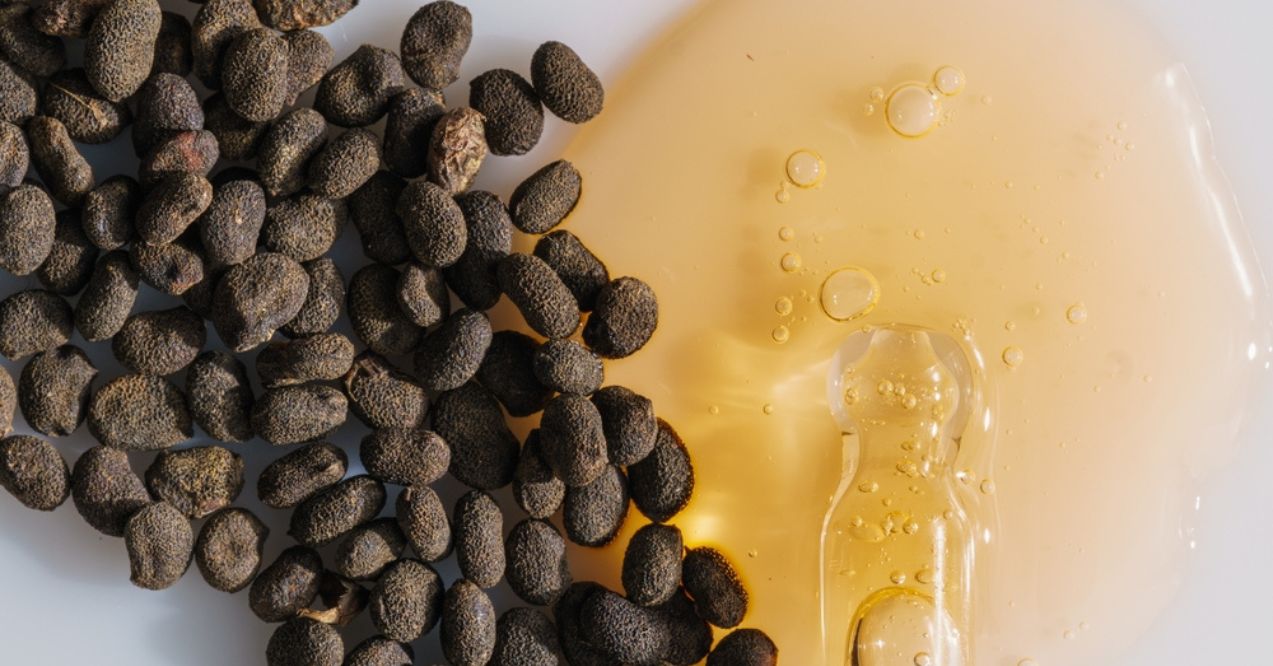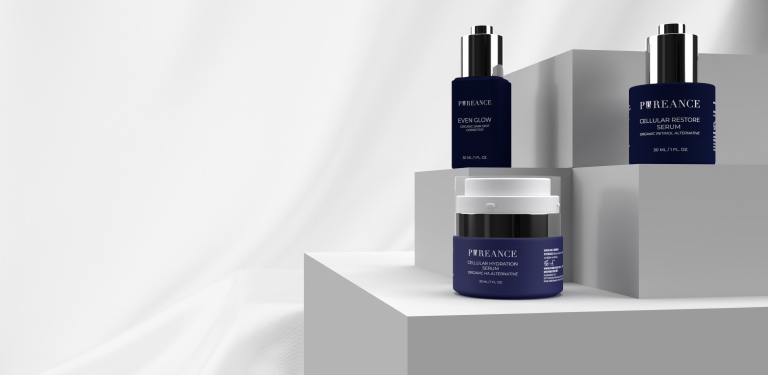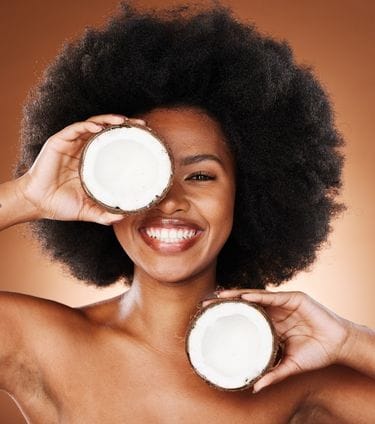


Does Coconut Oil Clog Pores?
Coconut oil has become a skincare staple, yet many women remain unsure about one crucial question: does coconut oil clog pores? This natural ingredient promises deep hydration and anti-aging benefits, making it especially appealing for mature skin. However, concerns about breakouts and congested pores leave many hesitant to incorporate it into their routines.
The conflicting information online only adds to the confusion. Some sources praise coconut oil as a miracle moisturizer, while others warn against its pore-clogging potential. This guide cuts through the noise with evidence-based insights to help you determine whether coconut oil aligns with your skin’s unique needs and goals.
Key Article Findings
- Coconut oil can clog pores, especially for oily or acne-prone skin.
- Use coconut oil cautiously on mature skin with patch testing.
- Jojoba, argan, grapeseed, and squalane are better for breakout-prone skin.
- Natural oils aren’t always pore-safe, and antimicrobial doesn’t mean acne cure.
Does Coconut Oil Clog Pores? (Is It Comedogenic?)
Comedogenicity refers to the likelihood that an ingredient will clog pores, leading to congestion or bumps on the skin. The comedogenic scale ranges from 0 to 5, where 0 means no risk of clogging and 5 indicates a very high risk. Is coconut oil a comedogenic ingredient? Coconut oil rates around 4 on this scale, meaning it is highly likely to clog pores for some people, especially those prone to skin congestion.
If you’re wondering how to get rid of clogged pores, understanding ingredient comedogenicity is a good starting point. Using products with lower comedogenic ratings may help prevent pore blockages and keep skin clearer.
What Makes an Ingredient Pore-Clogging?
Several factors influence whether an ingredient clogs pores:
- Molecular size – Larger molecules may sit on the skin’s surface, blocking pores.
- Consistency – Thick, greasy textures are more likely to trap dirt and oil.
- Skin type – Oily or combination skin is more prone to pore congestion than dry skin.
For example, thick oils like coconut oil can form a barrier that traps sebum and dead skin cells, increasing the chance of clogged pores, especially in oily or breakout-prone skin.
Virgin vs. Fractionated Coconut Oil
The type of coconut oil also matters. Virgin coconut oil is less processed and contains more long-chain fatty acids that contribute to coconut oil pore clogging. Fractionated coconut oil, on the other hand, is refined to remove these larger components, making it lighter and less likely to clog pores.
Will Coconut Oil Cause Breakouts?
Many wonder will coconut oil cause breakouts, especially when trying to maintain clear, mature skin. Scientifically, coconut oil can promote breakouts for some people, particularly those with oily or acne-prone skin types. Its high comedogenic rating means it can block pores, creating an environment where skin congestion and blemishes develop. So, can coconut oil make you breakout? For those prone to pore blockage, the answer is often yes.
Skin Types at Higher Risk
People with oily, combination, or acne-prone skin have a thinner skin barrier and produce more surface oils. This makes them more vulnerable to pore congestion from rich oils like coconut oil.
Mature skin also has a thinner, more delicate barrier that can respond differently. While it needs hydration, overly heavy oils may overwhelm it, potentially triggering coconut oil and breakouts or irritation.
Situations Where Coconut Oil May Help
Despite the risks, coconut oil for breakouts isn’t off the table for everyone. It can be beneficial for dry, flaky skin areas or as a body moisturizer where pore clogging is less of a concern. When applied sparingly and properly – avoiding the facial T-zone or acne-prone spots – coconut oil may support skin hydration without contributing to coconut oil and pimples.
Who Should Avoid Using Coconut Oil on the Face?
Coconut oil isn’t suitable for everyone, especially when applied to the face. Here’s a quick guide to help you decide if you should avoid or use it cautiously:
Proceed with caution or avoid If you have:
- Frequent whiteheads or blackheads
- Recurring small bumps or milia
- Oily or combination skin prone to congestion
- Sensitive or easily irritated skin
- History of clogged pores after using heavy oils
May benefit from coconut oil:
- Very dry, flaky skin needing deep hydration
- Normal to dry skin types in non-acne-prone areas
- Use limited to body skin rather than the face
If you notice increased pore blockage or breakouts after using coconut oil, it’s best to stop or switch to a lighter alternative to support your skin’s health.
How to Use Coconut Oil Safely in Skincare
If you want to include coconut oil in your skincare routine but worry about pore clogging, following safe-use practices can help minimize risks. These simple steps support hydration without overwhelming your skin.
Patch Testing First
Before applying coconut oil widely, do a patch test on a small area, such as behind your ear or on your jawline. Apply a small amount and wait 24-48 hours to see if any irritation, redness, or clogged pores develop. This helps identify if your skin reacts negatively.
Limited Application Time
Avoid leaving coconut oil on your face overnight. Apply it for a short period – such as 20 to 30 minutes – then cleanse thoroughly with a gentle, non-comedogenic cleanser. This prevents oils from sitting too long on the skin, reducing the chance of congestion or breakouts.
Use Non-Comedogenic Alternatives
If you have oily or sensitive skin, or want to avoid potential pore clogging, consider lighter oils instead. Options like jojoba oil, squalane, argan oil, and grapeseed oil offer hydration without heaviness. These alternatives tend to be better tolerated by mature or acne-prone skin and support balanced moisture.
Coconut Oil Alternatives for Breakout-Prone Skin
Mature skin that is prone to breakouts needs gentle hydration without the risk of clogged pores. Fortunately, several oils offer nourishing moisture with a lightweight feel, making them ideal alternatives to coconut oil.
Jojoba Oil
Jojoba oil closely mimics the skin’s natural sebum, helping to balance oil production. It absorbs quickly and provides hydration without leaving a greasy layer. Because of its similarity to skin’s own oils, jojoba is less likely to cause pore blockages and is suitable for sensitive, mature skin.
Argan Oil
Argan oil is a lightweight oil rich in vitamin E and essential fatty acids. It helps maintain skin elasticity while deeply moisturizing without heaviness. This oil supports skin health and can improve texture, making it a popular choice for those seeking gentle but effective hydration.
Grapeseed Oil
Grapeseed oil has a thin consistency that absorbs rapidly into the skin. High in antioxidants, it supports skin repair and protection from environmental stressors. Its light texture makes it ideal for those with oily or breakout-prone skin who want moisture without clogging pores.
Squalane Oil
Squalane is a non-comedogenic, highly stable oil that provides deep hydration and strengthens the skin’s natural barrier. Perfect for mature and sensitive skin, it leaves skin soft and supple without a heavy residue.
Myths & Misunderstandings About Coconut Oil and Acne
There are many myths surrounding coconut oil and its effect on skin clarity. One common belief is that natural oils, like coconut oil, can’t clog pores. However, natural doesn’t always mean non-comedogenic. Coconut oil ranks high on the comedogenic scale, so it can block pores and contribute to skin congestion in susceptible individuals.
Another misunderstanding is that coconut oil’s antimicrobial properties make it an acne cure. While it does have some antibacterial effects, this doesn’t guarantee it will prevent or reduce breakouts. Acne is a complex skin response involving oil production, dead skin cells, and inflammation – so a single ingredient rarely solves it.
Many also ask, can moisturizer cause acne? Yes, moisturizers that are too heavy or pore-clogging can contribute to breakouts. The key is choosing non-comedogenic formulas suited to your skin type.
So, would coconut oil cause acne? It depends on your skin’s sensitivity and how you use it. Being informed about ingredients helps avoid confusion and supports healthier skin choices.
Conclusion
Understanding does coconut oil clog pores is key to making smart skincare choices, especially for mature skin. Coconut oil rates high on the comedogenic scale, meaning it can clog pores and cause breakouts for some skin types, particularly oily or acne-prone skin. However, it may still benefit those with dry or normal skin when used carefully.
Alternatives like jojoba, argan, grapeseed, and squalane oils offer lighter hydration with less risk. By knowing your skin’s needs and how to use oils safely, you can support healthy, balanced skin without unwanted congestion.
No, coconut oil doesn’t clog pores for everyone. It rates high on the comedogenic scale, so it may block pores in oily or acne-prone skin, but those with dry or less sensitive skin often tolerate it well.
Coconut oil can be safe for mature skin, especially when used sparingly. However, its heavy texture may clog pores or cause breakouts in some, so patch testing and limited use are recommended for sensitive or combination skin types.
Yes, coconut oil can worsen acne in those prone to breakouts due to its pore-clogging potential. It may trap oils and dead skin cells, increasing congestion and inflammation, particularly in oily or sensitive skin.
Yes, fractionated coconut oil is less comedogenic because it’s processed to remove long-chain fatty acids that contribute to pore clogging. It’s lighter and often better tolerated on the skin, especially for those prone to breakouts.
This site offers health, wellness, fitness and nutritional information and is designed for educational purposes only. You should not rely on this information as a substitute for, nor does it replace, professional medical advice, diagnosis, or treatment. If you have any concerns or questions about your health, you should always consult with a physician or other health-care professional. Do not disregard, avoid or delay obtaining medical or health related advice from your health-care professional because of something you may have read on this site. The use of any information provided on this site is solely at your own risk.
Nothing stated or posted on this site or available through any services are intended to be, and must not be taken to be, the practice of medical or counseling care. For purposes of this agreement, the practice of medicine and counseling includes, without limitation, psychiatry, psychology, psychotherapy, or providing health care treatment, instructions, diagnosis, prognosis or advice.
